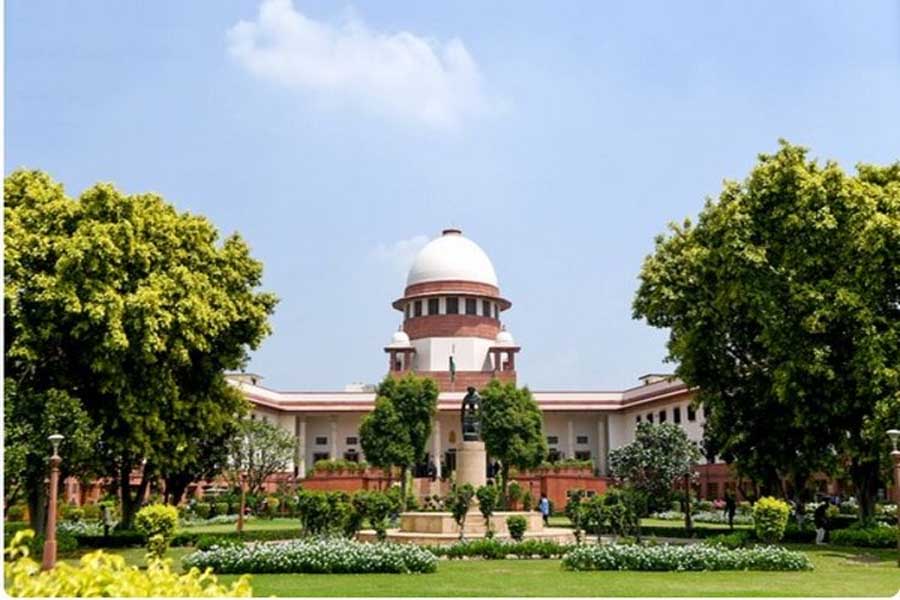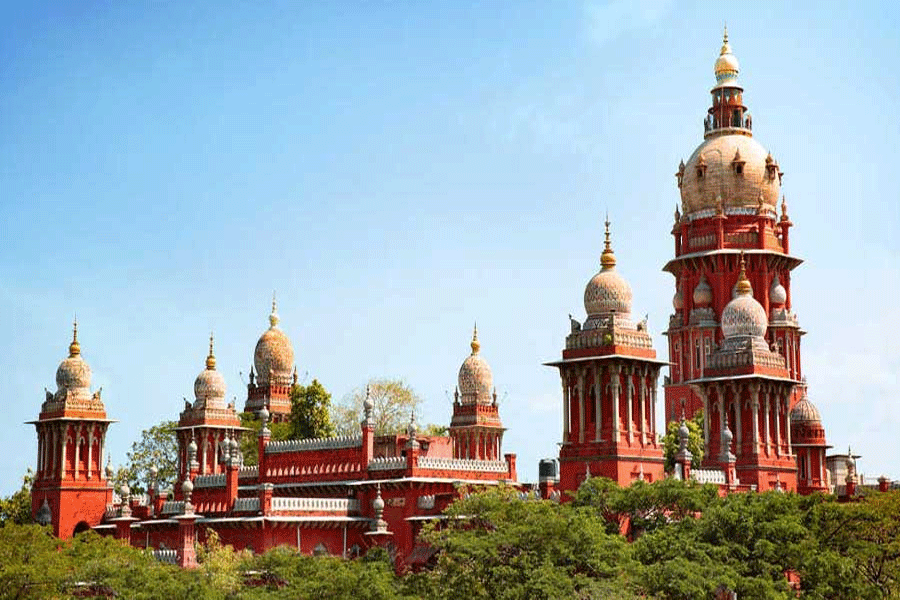The issue of incest raised during the debate on gay marriage in the Supreme Court

New Delhi (IANS) | The Center told the Supreme Court on Thursday that if the plea of petitioners for same-sex marriages is accepted, then tomorrow one can also demand that sex between relatives within the same family be allowed. Solicitor General Tushar Mehta, representing the Centre, told Chief Justice D.Y. Chandrachud told a five-judge bench headed by Justice Chandrachud that imagine if someone says that I am attracted to so-and-so who is in a relationship where sex is prohibited, then what will happen.
Mehta said that adultery happens all over the world and sex between close relatives is prohibited everywhere in the world. What if someone says I’m attracted to my sister, we are consenting adults, and we want to be intimate in our privacy.
And we assert our right to autonomy, our right to choose and our right to do something in the private domain, Mehta said. Based on the same logic.. can no one challenge it why this ban. Who are you to decide what my sexual orientation is..maybe it is far-fetched..we used to consider it (gay marriage) too far-fetched.
The Chief Justice replied, that would be farfetched..you know Mr. Solicitor, sexual orientation, your autonomy as an individual can never exercise all aspects of marriage including entering into marriage, taboo relationships, grounds . Marriage can be dissolved, all these are subject to regulation by law so far be it for anyone to argue before us that I can commit an act of incest.. any court anytime..
Mehta then asked about polygamy. The Chief Justice replied, polygamy comes under personal law.. Mehta said suppose someone says I want to do multiple marriages. The Bench – comprising Justice S.K. Kaul, S. Ravindra Bhat, Hima Kohli and P.S. Narasimha is – said, we all can agree that these are universal norms.. why did the state get involved when the state thought it was a universal norm..
Mehta argued under the Hindu Marriage Act that if same-sex marriages were permitted under the Special Marriage Act (SMA), it could not be reconciled.
Citing various sections of the SMA, Mehta argued that under the SMA a person remains attached to his religion even after marriage for various purposes including succession and inheritance.
The Center is opposing petitions seeking legal sanction for same-sex marriages.
–IANS




